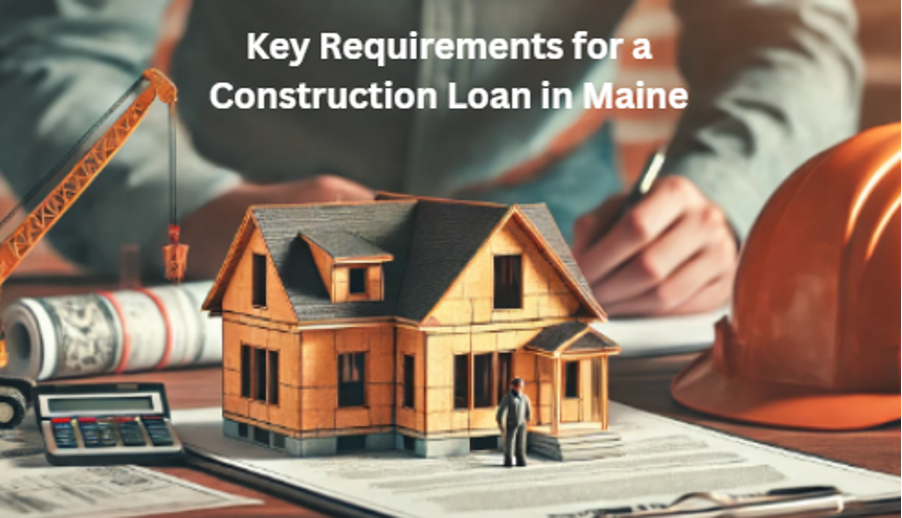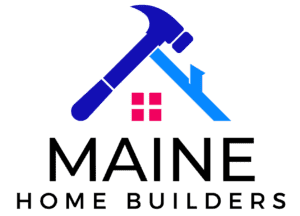What Are the Key Requirements for a Construction Loan in Maine?

Thinking about building a home in Maine? A Construction Loan in Maine can help pay for materials, labor, and permits. Unlike standard home loans, these loans have special rules to ensure the project runs smoothly.
To get approved, lenders look for things like a strong credit score, a well-planned design, and financial stability. Here’s what you need to know;
- Strong Credit Score and Financial Stability:
Lenders usually require a credit score of 680 or higher to approve a construction loan. A good credit history shows financial responsibility and lowers the lender’s risk. They also check your debt-to-income (DTI) ratio to make sure you can handle loan payments along with your other expenses.
- Detailed Construction Plans and Budget:
A well-structured construction plan is crucial for loan approval. Lenders require the following:
- Blueprints and architectural designs.
- A detailed construction timeline.
- A comprehensive budget outlining labor, materials, and additional costs.
Providing a clear and realistic plan helps assure lenders that the project is well-planned and feasible.
- Licensed Builder or Contractor:
Most lenders need a licensed and experienced builder instead of allowing DIY construction. You may require offering your builder’s credentials, references, and proof of licensing and insurance. Some lenders also require a contract detailing the scope of work and project costs.
- Down Payment Requirements:
Unlike traditional home loans, construction loans often require a higher down payment, typically around 20% to 30% of the total project cost. This is because construction loans pose a higher risk to lenders. If you own the land where the home will be built, its value may count toward your equity contribution.
- Appraisal and Loan-to-Value (LTV) Ratio:
Lenders estimate the home’s value once it’s built through an appraisal. They also look at the Loan-to-Value (LTV) ratio, which compares the loan amount to the expected property value. Most lenders prefer an LTV of 80% or lower.
- Interest-Only Payments During Construction:
During construction, you’ll usually make interest-only payments, meaning you only pay interest on the money used, not the full loan amount. Once the home is finished, the loan may switch to a regular mortgage, or you might need to get separate long-term financing.
- Proof of Income and Financial Documentation:
Lenders require proof of steady income to ensure you can repay the loan after construction. You’ll need to provide:
- Recent pay stubs.
- Tax returns (typically for the past two years).
- Bank statements.
- Employment verification.
This documentation assures lenders that you have a stable income and can manage loan repayments after construction is complete.
- Contingency and Reserve Funds:
Lenders may require a contingency reserve of around 10% to 20% of the construction budget to cover unexpected costs. Additionally, you might need to show that you have enough cash reserves to cover a few months’ worth of loan payments.
Final Thoughts
Securing a construction loan in Maine requires careful planning and financial stability. Working with experienced professionals can make the process smoother and more efficient.
If you’re ready to move forward, connect with one of our preferred lenders at Maine Home Builders. With the right support, you can turn your dream home from an idea into a place where memories are made.
A well-planned loan can set the foundation for a stress-free building experience.
